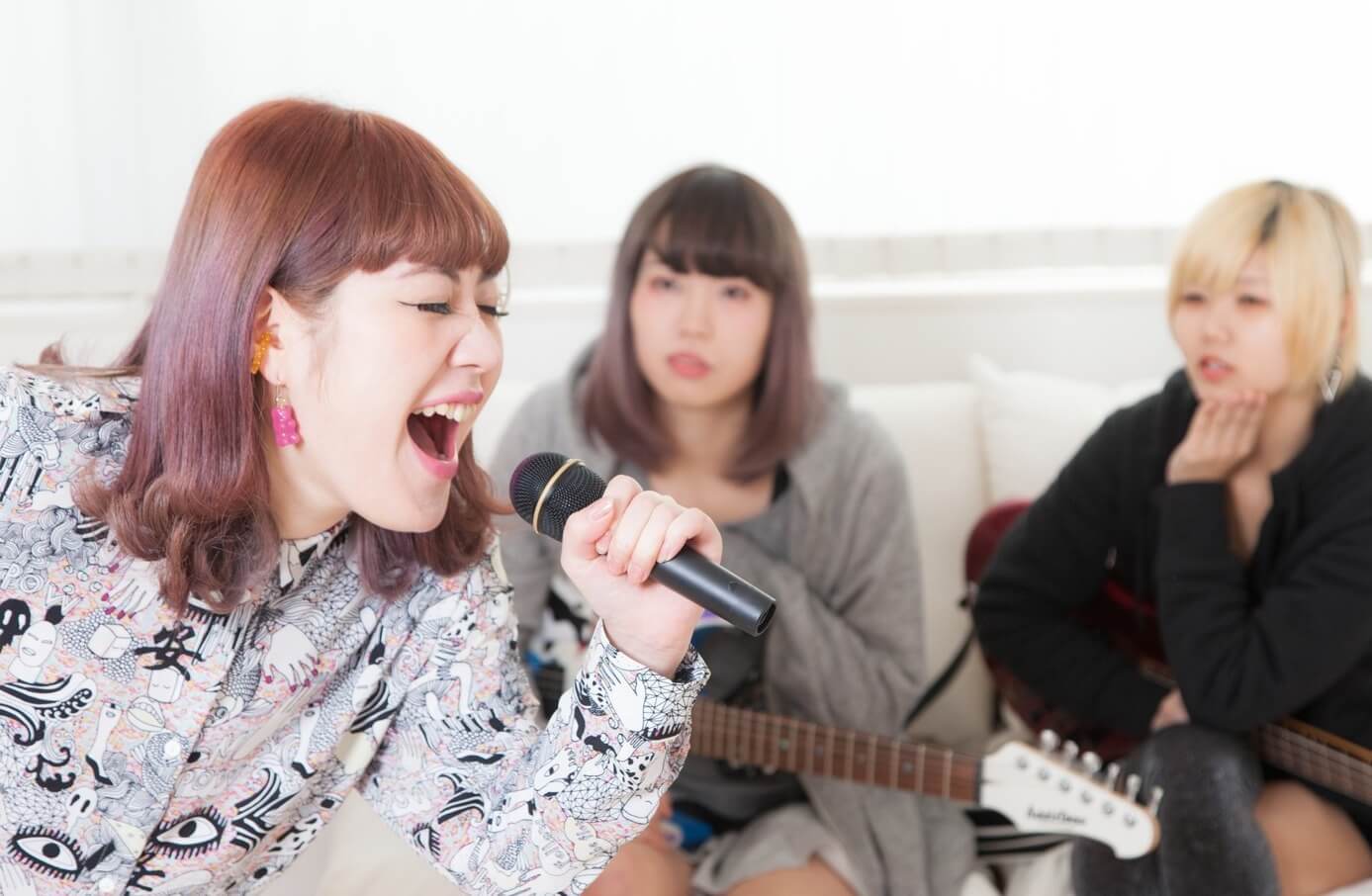Japanese Value Societal Harmony and Fitting One’s Role
Japanese Value Societal Harmony and Fitting One’s Role
Japanese value societal harmony. Every person should fit their appropriate role. This is more important than individual freedom of choice. In Japan, there is a strong sense of what are appropriate activities according to a person’s age and gender. In business, the typical Japanese career lifecycle is much more rigid than that in the other countries. Ideally, employees are hired right out of university at age 22 and work at the same company until age 60 or 65 nowadays when they retire. They might continue working after that, but in a completely different capacity from the official hierarchy, unless they are top management. Japanese are sometimes curious about Americans who appear to be over 60 and still working, or about managers who appear very young.

Age discrimination in Japan is common.
In Japan, a job ad might read: “Seeking receptionist. Must be female, under 30, in good health. Apply to XX Company, and attach a recent photograph.” It makes sense, right? Why would a man want this job? Why hire an old lady?
In Japan, people should be treated appropriately to their age and job status. That is why the exchanging of business cards is very important, and needs to be done at first meeting. In a typical Japanese company, employees are promoted by age, so managers are never younger than their reports.
In Japan, rigid age limits apply to personal choices as well as business. These days things have changed a lot, but at least in the past it was widely perceived that women should marry before the age of 25, men should marry before the age of 28, and they should have children as soon as possible after marriage. Unmarried Japanese men and women past 30 expect to be asked “Are you married?” “When are you planning to get married?” and even “Why aren’t you married?” If married, the expected questions are: “Do you have children?” “When do you plan to have children?”
In Japan, it is becoming less common to determine rank by age, but it is still common in many Japanese companies. So you might be asked, "How old are you?". But don't be surprised and please think it's part of Japanese culture.


